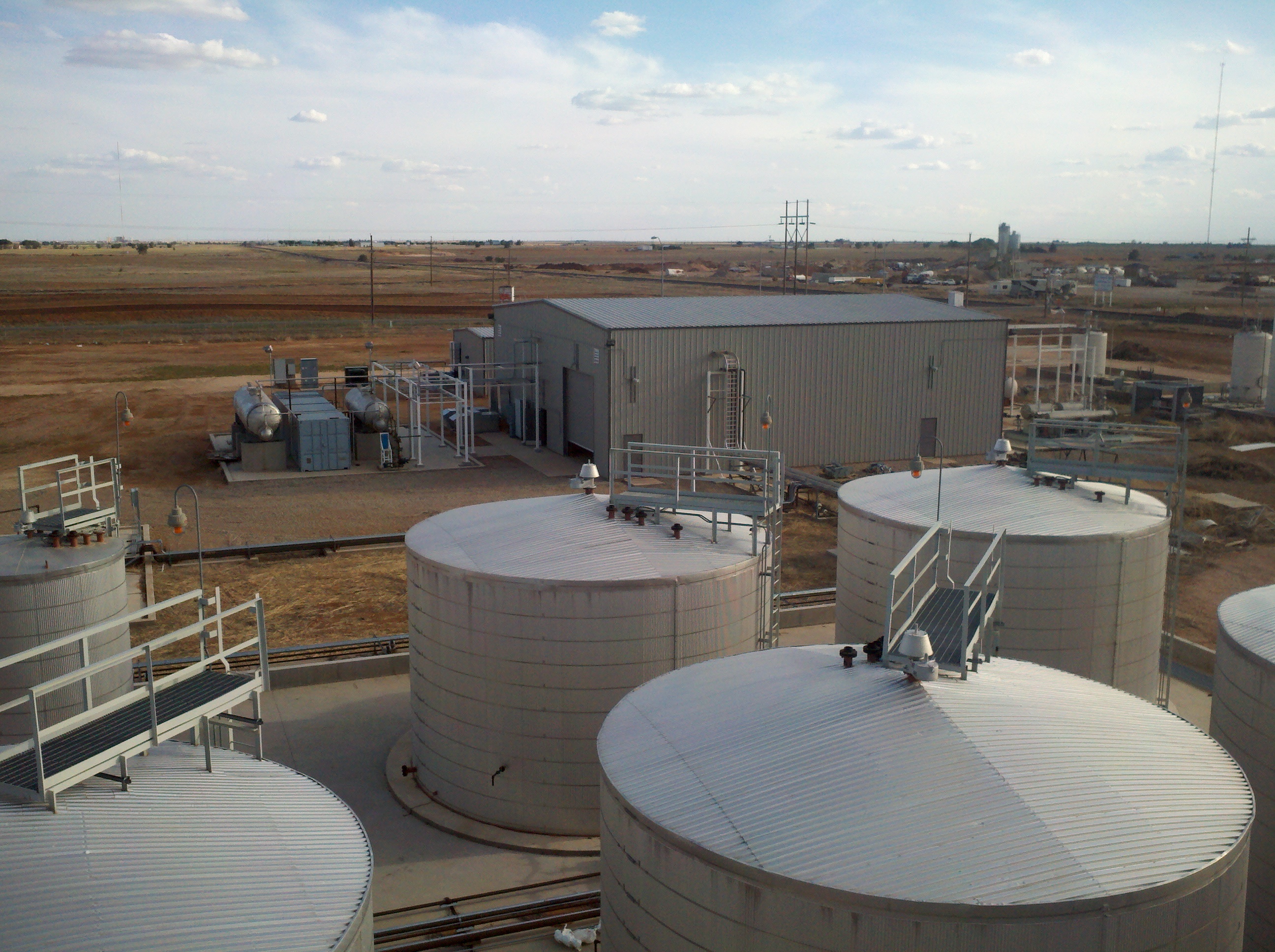Biofuel production fueling business analytics innovation


Profit doesn't come easily for biofuel producers. They must be agile, adapting to market conditions, feedstock availability, and customer needs; most importantly, producers are pushing the frontier of business analytics.
The story of how biofuel production is driving economic efficiency by eliminating agricultural and food waste is well established, but the particulars of how it all happens remains largely unknown. Dan Oh, CEO of Renewable Energy Group (REG), recently sat down with me to discuss the industry's inner workings.
Knowledge, operational efficiency, and technology all coalesce to cost effectively produce biofuel. REG utilizes data systems and human intelligence to determine what feedstock to buy or even whether to produce at all. "It's like a trading floor at our headquarters," Oh explained.
REG's has adapted its refineries to handle more than one feedstock so that it may adjust to the market. Its plants are fulfillment centers, and do not make economic decisions. It began upgrading its Albert Lea, MN plant to support multiple sources last quarter.
Here's how it works in practice: In 2008, some companies without this capability would have lost a buck per gallon on soybean oil; prices rose from 19 cents to over 70 cents in short period of time, Oh explained. REG's "trading desk" would have Albert Lea shift production in response to price volatility.
REG bases its decision on a proprietary mix of experience, Oracle's JD Edwards data systems, and external data sources. An example of when experience matters is knowing that more animals will be slaughtered around the holidays, so animal fats will cost less.
"If you don't have the capabilities we have you're speculating. We use risk management to capture margins," Oh added. REG's system appears to be working, but requires specialized knowledge. "Large oil companies drive demand and are our customers. They've been around 100 years, and figured out [how to be profitable]. We're still figuring it out. The complexity is very high," Oh acknowledged.
REG sold 150 million gallons of biofuel to its distributors in 2011, earning it between a 15-25 percent market share in gallons sold in the United States. It doubled gallons sold year-to-year from 2010 to 2011, and is cash flow positive with US$75 million on its balance sheet at the end of March.
"There are so many different sources of opportunity, and it's really an options based business. We must know the right options, deeply understand all the variables, and they are changing all the time," Oh said.
This post was originally published on Smartplanet.com